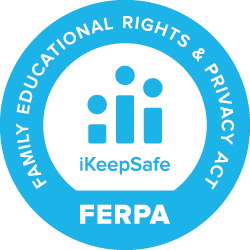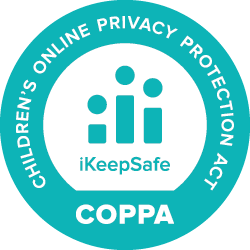Helpful Resources - Operation Lifeline
Video Resource:
Will your solution work in all types of natural disasters?
What do you think of when you hear the term, “natural disasters?” Depending on where you live, you might answer this question differently.
- If you live in Nepal, you might think of earthquakes, such as the 2015 Gorkha Earthquake. Learn more about the Gorkha Earthquake in Nepal.
- If you live in Florida or Puerto Rico, you might think of hurricanes, such as Hurricane Michael in 2018 and Hurricane Maria in 2017. Learn more about Hurricane Michael and Hurricane Maria.
- If you live in Guatemala, you might think of volcanic eruptions, like the eruption of Mount Fuego in 2018. Learn more about the Mount Fuego eruption.
- If you live in Indonesia, you might think of tsunamis, like the one that hit Palu in 2018. Learn more about the Palu tsunami.
Hurricanes, earthquakes, and volcanic eruptions are called “natural hazards.” When they affect things we care about, we call them “natural disasters.” No matter where you live, natural disasters can be devastating for communities. Learn more about different types of natural disasters.
Will your solution be prepared for the types of things that happen after a natural disaster?
Communities face many challenges after a natural hazard strikes.
- Communities may lose power. Learn more about the power outages following Hurricane Maria.
- Communities may lose phone and internet service. This makes it difficult for people to communicate. Learn more about the difficulties communicating following Typhoon Haiyan in the Philippines.
- People may be sick or injured.
- Roads and bridges may be destroyed or flooded. See pictures of the damage caused by a New Zealand earthquake in 2016.
Who will need your solution? Who are the people who help following a natural hazard?
Many people help before, during, and after a natural disaster.
- Long before a natural hazard strikes, teams of scientists, government officials, and community members plan how to respond. Learn more about preparing for emergencies.
- During and following a natural hazard, emergency responders help by getting people to safety, delivering supplies, or giving medical assistance. Learn more about specific things people should consider during and after a natural hazard. Learn more about how FEMA deliver supplies.
Why is your solution necessary?
In an emergency, people may not have access to medication.
- They might evacuate without their medication or they may be stuck in a place where they can’t access their medication.
- Some medications need to be refrigerated. Delivering these medications and keeping them cold can be difficult.








